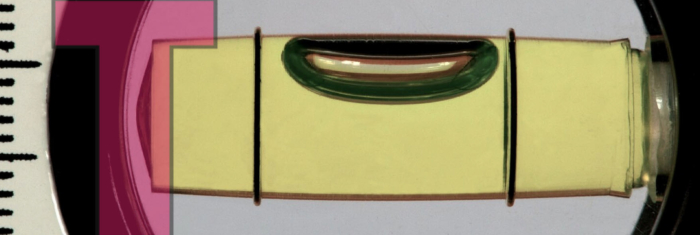Is my professional title still valid in the EU? Will my combination of academic qualifications and professional experience still count post Brexit? What does the information on recognition of professional registration in the EU on the Engineering Council website mean for me? Here’s the simplified version…
Now we have left the EU, the EU legislation adopted by all Member States (called the MRPQ Directive), which sets out obligations to mutually recognise each other’s professional qualifications, no longer applies to the UK.
Under the Trade and Co-operation agreement there is a mechanism for professions to negotiate a Mutual Recognition Agreement between the UK and all 27 Member States. This would effectively replace the Directive and put in place new legislation. (For EEA/Swiss professionals who want to gain the UK professional titles, there is already a new piece of UK legislation that replaces the Directive).
In the meantime (during what is likely to be lengthy and difficult negotiation process) for UK Professionals who want recognition an EU country, the UK application will now be treated like any non-EU country. The EU professional title can still be awarded, but it may take longer, and the application process may be slightly different. The Engineering Council has advised that, in practice, many EU countries do not require the professional title to work (just as in the UK).
Membership of organisations such as ENAEE and FEANI is unchanged by Brexit, as they are European Higher Education Area associations. ENAEE is particularly important for the academic community, as it means that we will continue to demonstrate that our engineering degrees meet the European standard (EUR-ACE).
Going forward, it would be helpful to know if there is member appetite to engage with the Trade and Co-operation agreement mechanism on behalf of professional engineering or if there are better ways to achieve the same objective?




